Advocates Rights
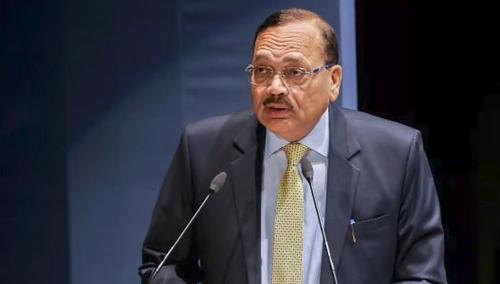
Young Lawyers Should Begin Practice in District Courts: CJI Surya Kant
Chief Justice of India Surya Kant emphasised that young lawyers should begin their litigation careers in district courts, calling them the true foundation of the legal profession.
Speaking at a felicitation ceremony organised by the Bar Council of Delhi, the CJI highlighted the misconception that law graduates must directly practice in High Courts or the Supreme Court.
He stressed that district courts provide essential training, professional culture, and grassroots exposure to justice delivery.
Lamenting the branding of district courts as “lower courts,” he urged senior members of the Bar to mentor young lawyers and strengthen the justice system collectively.
MahiraBookmark
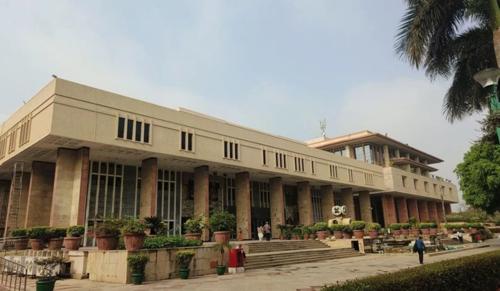
Delhi High Court to Function on First and Third Saturdays Each Month
The Delhi High Court has decided to hold regular court sittings on the first and third Saturdays of every month.
The decision was taken in a full court meeting on December 22 and notified on January 15, following a request by the Chief Justice of India to all High Courts to dedicate two Saturdays each month.
The move is aimed at addressing the high pendency of cases before the Delhi High Court. Data from the National Judicial Data Grid shows that over 1.25 lakh cases are currently pending, with a large number awaiting disposal for more than a year.
The additional sittings are intended to reduce backlog and expedite hearings.
Thanush SBookmark

Supreme Court Seeks Views of High Courts, NLUs on Three-Year Practice Requirement for Judicial Services
The Supreme Court of India has invited views from all High Courts, National Law Universities (NLUs), and law schools on the minimum three-year legal practice requirement for entry-level judicial services examinations.
The issue arose in a plea seeking exemption for persons with disabilities from the requirement, which was introduced by the Court’s May 20, 2025 decision barring fresh law graduates from appearing for the exam.
The Court observed that any relaxation must apply uniformly and directed all High Courts, NLUs, and law schools to submit their suggestions within four weeks before a final decision is taken.
Thanush SBookmark
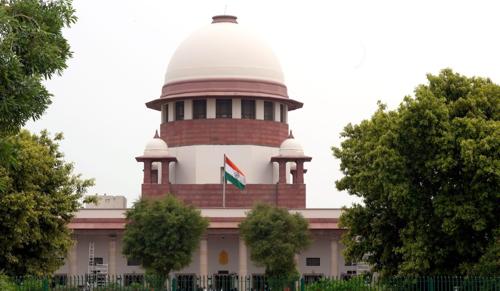
Supreme Court Applies 30% Women Reservation to Punjab & Haryana Bar Council Elections
The Supreme Court has directed that 30% women's reservation will apply to the upcoming Punjab and Haryana Bar Council elections.
The Court held that since the election process had not commenced and only the voter list had been finalised, there was no bar to extending the reservation. It clarified that its earlier exemption granted to Punjab and Haryana stood deleted.
As per the Court’s directions, 20% of seats will be filled through election and 10% through co-option to ensure adequate women's representation.
The Court reiterated that the measure aims to improve inclusivity in Bar Council governance.
[Advocate Yogamaya v. Bar Council of India & Ors.]
MahiraBookmark

Courts Cannot Force Lawyers to Reveal Source of Client Documents: Delhi High Court
The Delhi High Court held that courts cannot compel advocates to disclose the source of documents filed on behalf of their clients, as such a direction would violate attorney-client privilege under Section 126 of the Indian Evidence Act.
The Court observed that once a client hands over documents to a lawyer for legal defence, both the act of handing over and the source of the documents form part of protected professional communication.
It noted that while courts may seek the truth, they cannot override statutory confidentiality unless there is prima facie material showing the communication was for an illegal purpose.
The Court accordingly set aside the impugned order.
[McDonalds India Ltd. v. State of NCT of Delhi]
MananBookmark

Chhattisgarh High Court Seeks Justification for BCI’s Decision to Defer State Bar Council Polls
The Chhattisgarh High Court questioned an order issued by the Bar Council of India Chairman deferring elections to the Chhattisgarh State Bar Council, and sought justification for the decision.
The issue arose after elections scheduled for January 9 were postponed by an order dated January 6, citing inputs suggesting possible corrupt practices such as horse-trading.
The Court observed that elections to statutory bodies form the backbone of democratic governance and cannot be deferred lightly, especially when already overdue.
Finding the allegations to be general and omnibus, it directed the BCI to file a response within 48 hours explaining the basis and material supporting the order. Next hearing will be on January 12.
[Chandra Prakash Jangade v. Bar Council of India & Ors.]
Thanush SBookmark
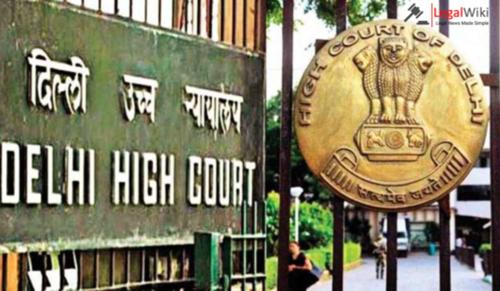
Delhi High Court Rejects Plea Challenging Bar Association Election Results
The Delhi High Court dismissed a writ petition challenging the 2025 New Delhi Bar Association (NDBA) election results, holding that such disputes are not maintainable under writ jurisdiction.
Justice Mini Pushkarna observed that election-related disputes involving disputed facts are purely private in nature and must be pursued through an election petition or civil suit, not a writ.
The Court found no evidence of bogus voting or irregularities and granted liberty to the petitioners to approach the civil court.
[Vipin Kumar Sharma v. The Returning Officer NDBA Elections, 2025]
MananBookmark
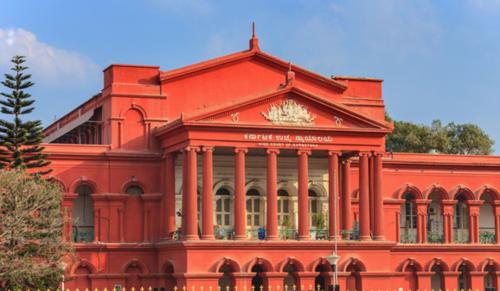
Refusal To Restore Advocate’s Sanad Violates Right To Practise Profession: Karnataka High Court
The Karnataka High Court has held that refusal to restore an advocate’s registration amounts to an unconstitutional restriction on the fundamental right to practise a profession under Article 19(1)(g).
Justice Suraj Govindaraj allowed the plea of an advocate who had surrendered his sanad during the COVID-19 pandemic and later sought re-registration.
The Court ruled that statutory silence cannot be treated as a prohibition, especially when it leads to permanent exclusion from the legal profession.
The State Bar Council was directed to restore his registration, subject to refund of welfare benefits received.
MananBookmark
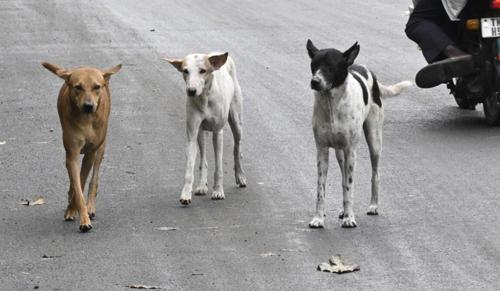
Stray Dog Attack Inside Gujarat High Court Premises Prompts GHCAA To Seek Urgent Action
A lawyer was attacked and bitten by stray dogs inside the Gujarat High Court premises, prompting the Gujarat High Court Advocates’ Association (GHCAA) to seek immediate intervention.
The incident occurred near the auditorium parking area, where Advocate Radhesh Vyas was bitten by two dogs and required medical treatment.
The GHCAA wrote to the Chief Justice seeking the removal of stray dogs from the court campus, citing repeated attacks on lawyers and litigants.
The association highlighted that stray dogs are frequently seen across the premises and called for coordinated action with municipal authorities to ensure safety while adopting humane long-term solutions.
18 days ago
MahiraBookmark
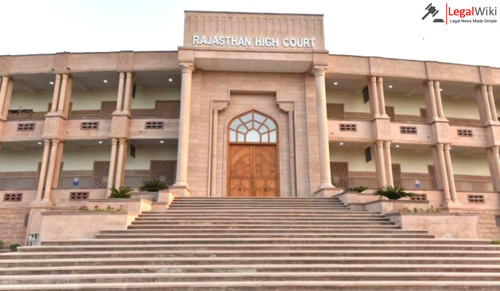
Rajasthan High Court Bar Boycotts Court Over Mandatory Working Saturdays
The Rajasthan High Court Bar in Jodhpur staged a coordinated protest, abstaining from court work after the High Court designated the second Saturday of each month as a working day for 2026.
A resolution was passed jointly on January 3, opposing the Saturday schedule and the operation of night courts in the district.
Following the boycott across the High Court and subordinate courts, bar delegations planned discussions with Acting Chief Justice Sanjeev Prakash Sharma in Jaipur to decide next steps today.
Earlier representations by bar bodies had termed the decision arbitrary and issued without consultation, stressing advocates are not a “bonded labour force” and cannot be treated as “bonded labour force.”
Thanush SBookmark
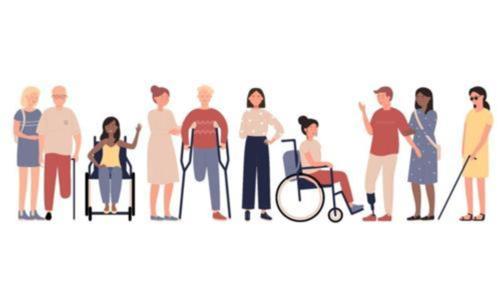
Supreme Court Cuts Bar Council Election Nomination Fee For Specially Abled Advocates To ₹15,000
The Supreme Court has reduced the Bar Council election nomination fee for specially abled advocates from ₹1.25 lakh to ₹15,000, recognising that high costs act as a barrier to participation.
While declining to direct reservation during the ongoing election process, the Court asked the Bar Council of India to initiate amendments to ensure adequate representation of specially abled lawyers in the future.
Emphasising meaningful inclusion in decision-making bodies, the Bench clarified that the fee concession is limited to the specially abled category and is only an interim measure pending broader structural reforms.
The plea was disposed of accordingly.
[Pankaj Sinha v. Bar Council of India & Ors.]
MananBookmark
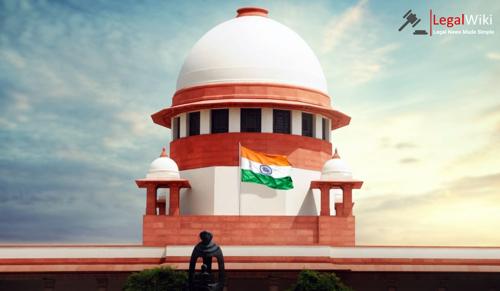
Fear Of Disciplinary Action Makes Trial Judges Reluctant To Grant Bail: Supreme Court
The Supreme Court has flagged that trial court judges are increasingly hesitant to grant bail due to a fear of disciplinary action, leading to an influx of bail petitions before High Courts and the Supreme Court.
The Court observed that the initiation of departmental proceedings against judicial officers for alleged wrong exercise of discretion discourages them from granting bail even in deserving cases.
It emphasised that a mere erroneous order or incorrect exercise of discretion cannot, by itself, justify disciplinary proceedings.
The Court called upon High Courts to ensure that judicial officers are not subjected to departmental inquiries solely for passing bail orders perceived as incorrect.
[Nirbhay Singh Suliya v. State of Madhya Pradesh & Anr.]
MahiraBookmark
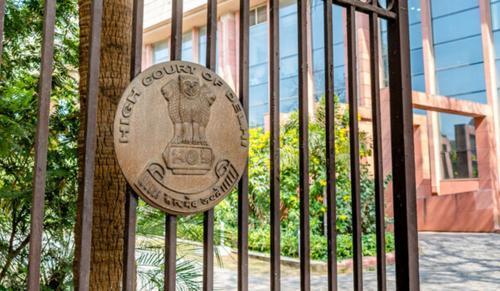
Delhi High Court Calls for Change in Adjournment Culture While Waiving Costs
The Delhi High Court heard a plea by to waive a ₹20,000 cost imposed for his counsel’s absence due to professional engagement in another case.
The Court said the reason cited was not a personal difficulty, as argued, but a scheduling conflict from another court matter.
While allowing the waiver, the Court observed that adjournments are being requested without considering the opposing side or court time, and that this assumption of automatic approval needs reflection.
The Court hopes this long-standing practice changes in the future.
[Dheeraj Arora v. Pariney Khanna]
Thanush SBookmark
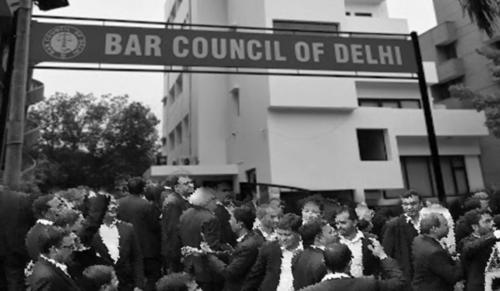
Recently Enrolled Advocates Move Delhi High Court Over AIBE-Based Exclusion
A group of recently enrolled advocates has approached the Delhi High Court, challenging their exclusion from the Bar Council of Delhi electoral roll due to pending AIBE results.
They argue that the pendency of results or non-issuance of a Certificate of Practice is not a disqualification under BCI Rules.
Claiming they cleared AIBE XX as per the provisional answer key, the petitioners allege they are being penalised for administrative delays by the BCI.
Their names were marked “Not Verified -AIBE Not Passed” ahead of the elections.
21 days ago
MananBookmark

Supreme Court Mandates Advance Timelines and Written Notes for Oral Arguments
The Supreme Court has issued a new Standard Operating Procedure prescribing timelines for oral arguments in all post-notice and regular hearing matters.
As per a circular dated December 29, Senior Advocates and arguing counsel must indicate in advance the time they propose to take for oral submissions through the Court’s online appearance slip portal, at least one day before the hearing.
The Court said the measure is aimed at better court management, fair use of judicial time and expeditious disposal of cases.
It has also made it mandatory to file brief written submissions, limited to five pages, at least three days prior to the hearing after serving a copy on the opposite side.
MahiraBookmark